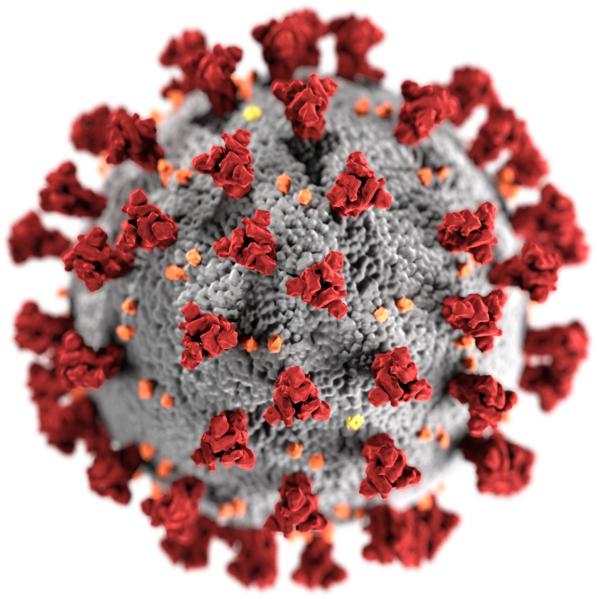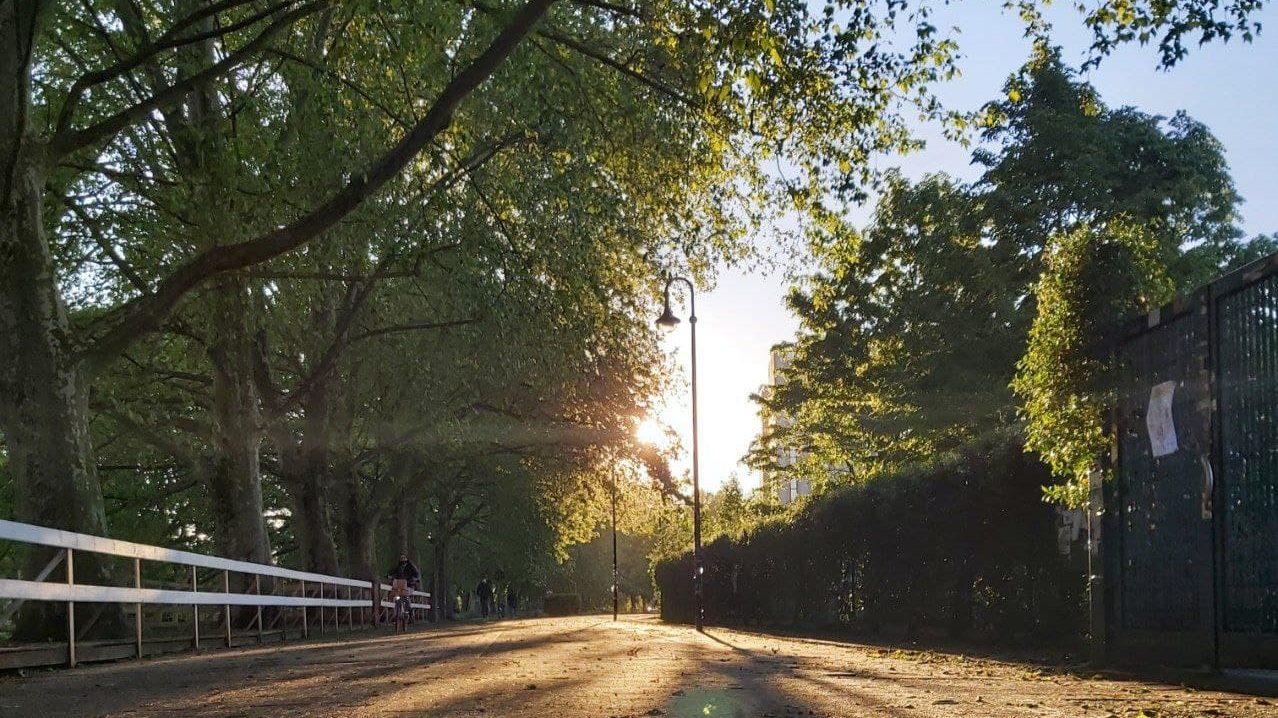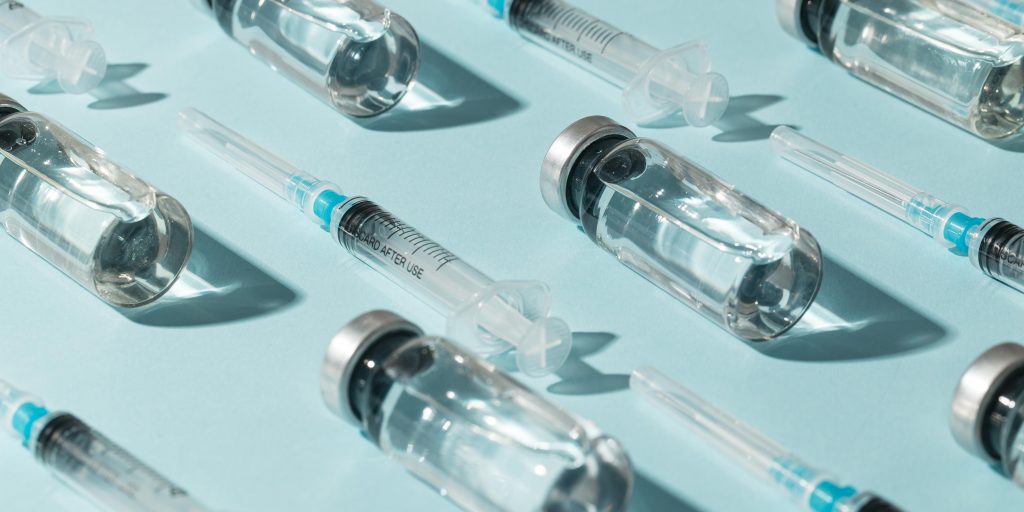Picking a topic for this blog article really was a struggle. I had so many different ideas – a typical day in Ph.D. life, the experiences of working in a multicultural and international environment, moving to a foreign country, living abroad, cultural diversity, … . But then I thought: why not talk about the world’s biggest news for the last year that affected people’s lives across the globe? And so my topic became clear. The impact of the Covid-19 pandemic on my research career.

First scene: My journey for knowledge
Hi, and welcome to my story. My name is Salman Mohebi. I was born and raised in a small city in the Northwest of Iran named Zanjan. As a kid, I always dreamed about studying physics or mathematics at the world’s top universities like Stanford, Harvard, and MIT. But life rarely follows a kid’s dream, so I stayed in my hometown and started my Bachelor’s in Engineering right after finishing high school. I studied Information Technology probably because it was the easiest way to find a good position on Iran’s competitive job market.
After finishing my Bachelor’s, I left my city for the first time in my entire life to get a Master’s degree. I worked hard during my Master’s, and in return, I quickly found a job and started to work as an R&D Specialist and Machine Learning Engineer in a startup company. But, as is typical for me, I felt something was missing. Something was bothering me. I wanted to learn more. I wanted to understand more.
I started searching for a more challenging job and other possible research positions abroad. One day, a friend of mine sent me a link for the WindMill project: Machine Learning for Wireless Communications. It perfectly matched my background: a Master’s in Information Technology with focus on Wireless networks and over a year of experience as a machine learning engineer on cutting-edge projects.
An opportunity like that couldn’t be missed! And I’m glad to say I didn’t miss it.
Soon, I packed my luggage and moved to Padova, Italy, to pursue my dreams and build my future in the field I loved. I moved to a beautiful city, studied at a great university and had the support of my new colleagues and supervisors. It took me a few months to adapt to my new situation, new culture, and maybe Italian food. I was full of energy and motivation.
I was beginning to settle down until one day…

Second scene: Covid-19 outbreak
I saw a LinkedIn post from a colleague, saying that his presentation had been cancelled because of an unknown infectious disease in East Asia. That was the first time I heard about what was to become Covid-19 and the first time I realised that it’s pretty close and it could become dangerous.
Until then, I’ve only heard about SARS outbreak and Ebola on TV, and I never thought I would experience something like that.
It was February 2020 and I was planning to travel to Paris to attend WinMill’s training event. I had booked the flight and hotel and was excited to see my fellow ESRs. But before I could leave Italy, the government announced restrictions on international travel following an increase in confirmed Covid-19 cases. In the following days, the universities and all other public places closed and after two or three weeks we weren’t allowed to go out unless it was absolutely necessary. At first, everybody thought this was a temporary situation and everything would be back to normal soon. But the days turned into weeks which soon became months and we were still locked up in our homes.
Suddenly, we all needed to work remotely and keep ourselves motivated by arranging online meetings with colleagues and friends. It was quite challenging, because for the first few months, I didn’t have a computer, an appropriate chair, or even Internet connection in my apartment. I worked at my dining table with a small 13″ laptop and used my cell phone to connect to the Internet. But, to be honest, I never completely got used to working from home, with all the distractions and procrastination it entails.
After a few months, the government lifted some of the restrictions and I could go back to the office for two or three days a week, still following strict rules.
Third scene: The tragedy
It was a Saturday. I woke up a bit sooner to work on some unfinished projects. I was planning out for a run and to enjoy my weekend. I saw a message on my cell phone and learned that my father had passed away. He had contracted the virus a few weeks before that, but he was doing fine and the doctors even wanted to discharge him from ICU.
But… he didn’t make it.
Suddenly, I lost the biggest supporter in my life who has always had my back.
Before losing him, I had been following the news and statistics on Covid-19 cases and deaths. But back then, they were only numbers that I didn’t understand the meaning of. Now I know that they were people, humans. They had families and friends that some part of them also has died with their loved ones.
I went back home for a couple of weeks to spend that tough time with my family. For the following months, I was struggling with depression, which clearly affected my carrier and professional life. But this is the story of life. We can do nothing but move on.
Final scene: Back to normal?
When I look back to my past, I see too many bad and good things that have happened to me. From leaving my home country and starting a new career path abroad, to the Covid-19 pandemic. I missed a couple of valuable months in my research and professional life, but I still have more than a year ahead of me. I want to make the best out of it.

I believe that, thanks to the vaccines, life can soon go back to normal. And that, after all these bad things that happened to the world, we all are still alive and we are fighting to build a better future.
I am planning to do my secondment in Telenor and KTH in the following months, and I am pretty sure that the next year will be a very fresh start for me in my career and professional life. Hopefully, I have passed the tough days, and now I’m focusing on my work and research more than at any other time. I have a better understanding of the gift of life and don’t want to waste it.